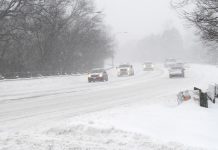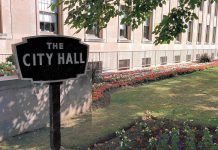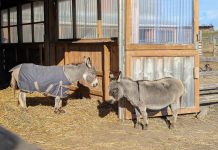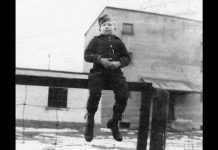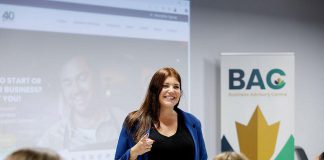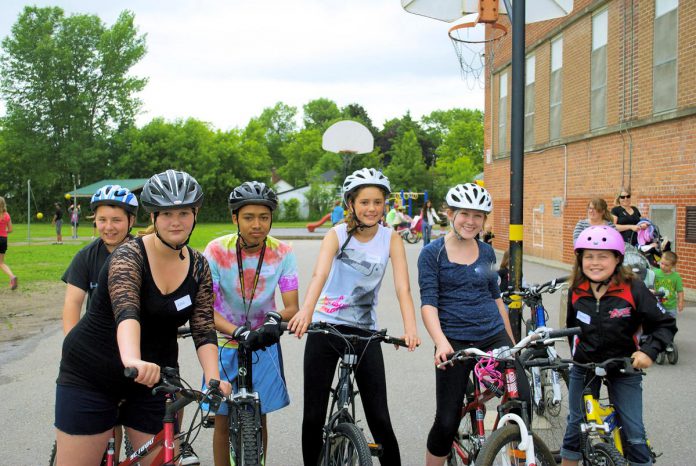
In Peterborough city and county, we have educators that are passionate and action-oriented.
Climate change is a global phenomenon with an increasing impact on everyone living in Nogojiwanong-Peterborough and our region, including the next generation of learners.
However, teachers often lack the support needed to successfully teach students about climate change and how to address it.
Integrating climate education into the curriculum so that it is woven across themes of science, social science, and sustainability is a challenge. Partnerships between school boards, teachers, and education leaders in the community can be of great benefit to student learning. Together, partners can help provide up-to-date climate education and empower students to become climate leaders.
GreenUP is excited to have developed a Climate Action Resource for Schools. Our online teacher resource will act as a living, learning blueprint for local educators. The resource is free to use and is publicly available on GreenUP’s website.
The resource uses local context to take learners on a journey through the themes of waste reduction, water protection, transportation, and energy. Each theme area introduces students and teachers to Community Climate Heroes, stories, case studies, quizzes, activity sheets, and background knowledge related to Peterborough city and county.
The rationale behind this resource comes in part from a November 2019 study by Dr. Ellen Field, professor of environmental and climate education at Lakehead University. The study, called Canada, Climate Change and Education: Opportunities for Public and Formal Education, was done in collaboration with the Learning for a Sustainable Future initiative.
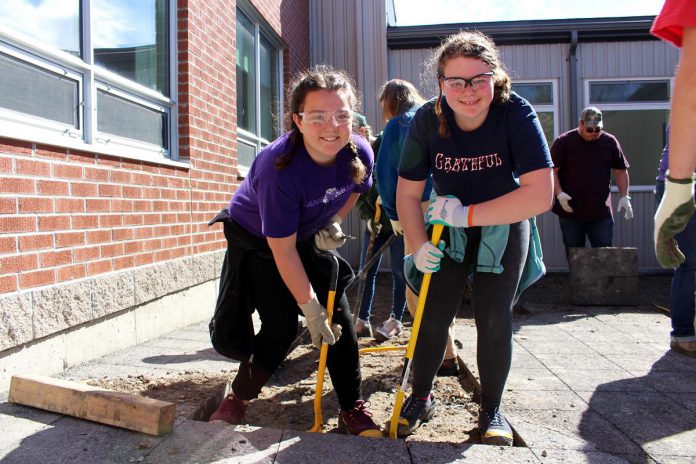
The overwhelming finding from Field’s study was that teaching on the topic of climate change is inconsistent across provinces and territories, grade levels, and subject areas. Throughout conversations with over 500 Canadian students aged 12 to 18, Field revealed that less than half of the students knew about climate change from school. Students indicated that even if they had learned about climate change at school, they still didn’t necessarily have the tools to act on it.
The study recommended urgent action to incorporate hands-on, community-oriented, multi-disciplinary approaches that put the needs and desires of the students first, directly into the curriculum.
Sarah Taylor, education consultant with the Peterborough Victoria Northumberland and Clarington Catholic District School Board, says that “this learning approach will help build the mindsets and know-how of students to be the drivers now and in the future of climate change.”
“Students want to make a difference and when we provide them with those opportunities, it further develops their civic awareness and contributions,” Taylor says.
This is evident in the case studies provided by GreenUP’s new Climate Action Resource, which showcase success stories from local schools including Westmount Public School and St. Anne Catholic Elementary School. In these examples, students work collaboratively on deep learning projects with community partners to create rain gardens, perform energy audits, and increase their use of active transportation.
Taylor says that “Resources that support learning and guide instruction are great, but when there are examples of how other educators and students are learning about the environment and climate change, then that provides an even better insight into how it can be accomplished in any classroom.”
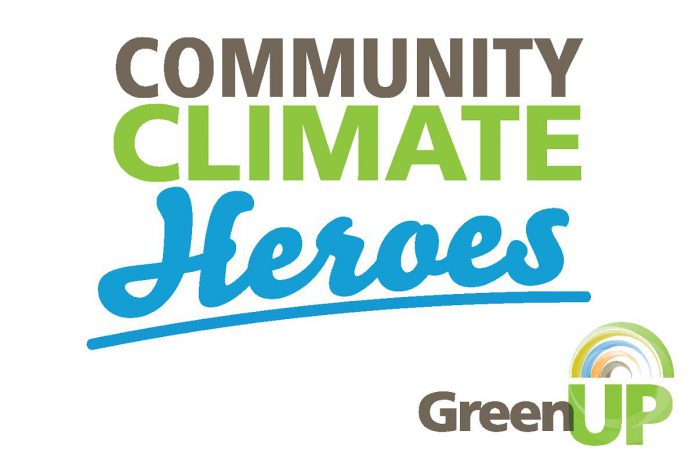
Not only does this promote student knowledge of the causes of a warming climate and the local repercussions of climate change, but it also develops their problem-solving, critical thinking, teamwork, empathy, and negotiation skills.
“These students are then empowered to create change locally that will lead to change globally,” Taylor says.
Annie Corkery, a teacher with the Peterborough Victoria Northumberland and Clarington Catholic District School Board, emphasizes the challenge of limited teacher preparation time.
“Some teachers don’t see how this topic can be integrated into subjects beyond science and geography,” she says.
In Field’s study, she reports many teachers have only have about 10 hours per semester to cover the topic of climate change. Strong partnerships, diverse learning formats, and case studies can help with integrating climate change education into the classroom.
Additionally, having recognizable and familiar role models, like the Community Climate Heroes in GreenUP’s videos, can inspire students to make personal connections to climate action.
“We need to focus on empowering our future generations to make a difference in the fight to reduce the projected warming of our planet” says Corkery. “Community-connected learning, using specific themes and deep inquiry learning as the platform is, in my opinion, the most effective way of doing this. I can’t wait to see this resource being used in schools throughout beautiful Peterborough.”
VIDEO: GreenUP Community Climate Heroes – Curve Lake First Nation Elder Dorothy Taylor
We invite everyone to explore the Climate Action Resources for Schools. Start with greenup.on.ca/climate-action-resource-for-schools and greenup.on.ca/take-climate-action-at-school to ground yourself in essential teachings from Elder Dorothy Taylor from Oshkigamong/Curve Lake First Nation.
From there explore the four theme areas (waste management, water conservation, active transportation, and energy), use the engaging resources, and start integrating climate action into your own knowledge and your teaching.
With support from the County of Peterborough and the Fund for Gender Equality, GreenUP has developed the Climate Action Resource for Schools. The resource features interviews with local climate heroes, activities for primary and junior students, and local case studies.
This resource was developed in 2021/2022. If you have other resources you think would be valuable in this collection, please contact GreenUP’s education programs coordinator Karen O’Krafka at karen.okrafka@greenup.on.ca or 705-745-3238 ext. 207.



